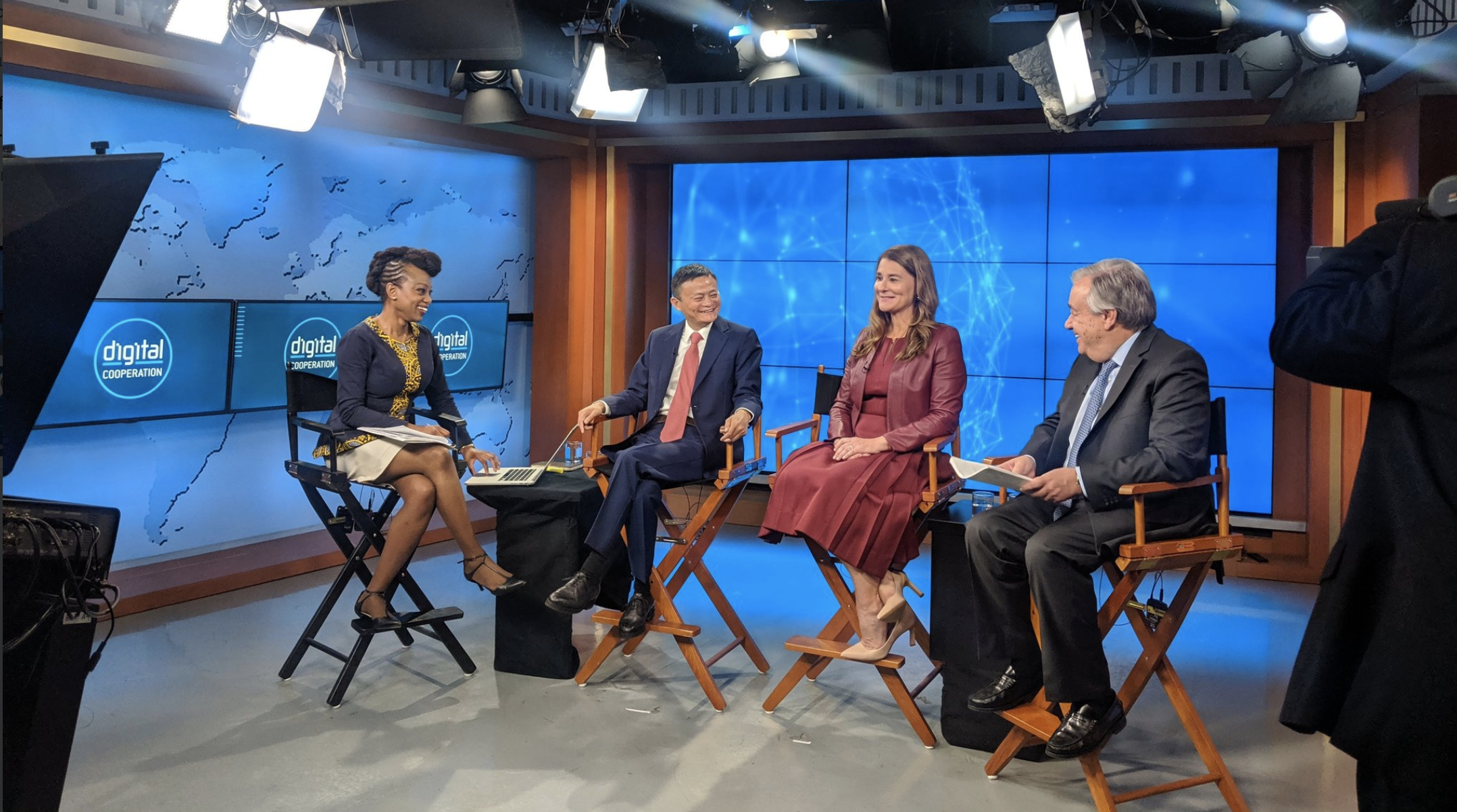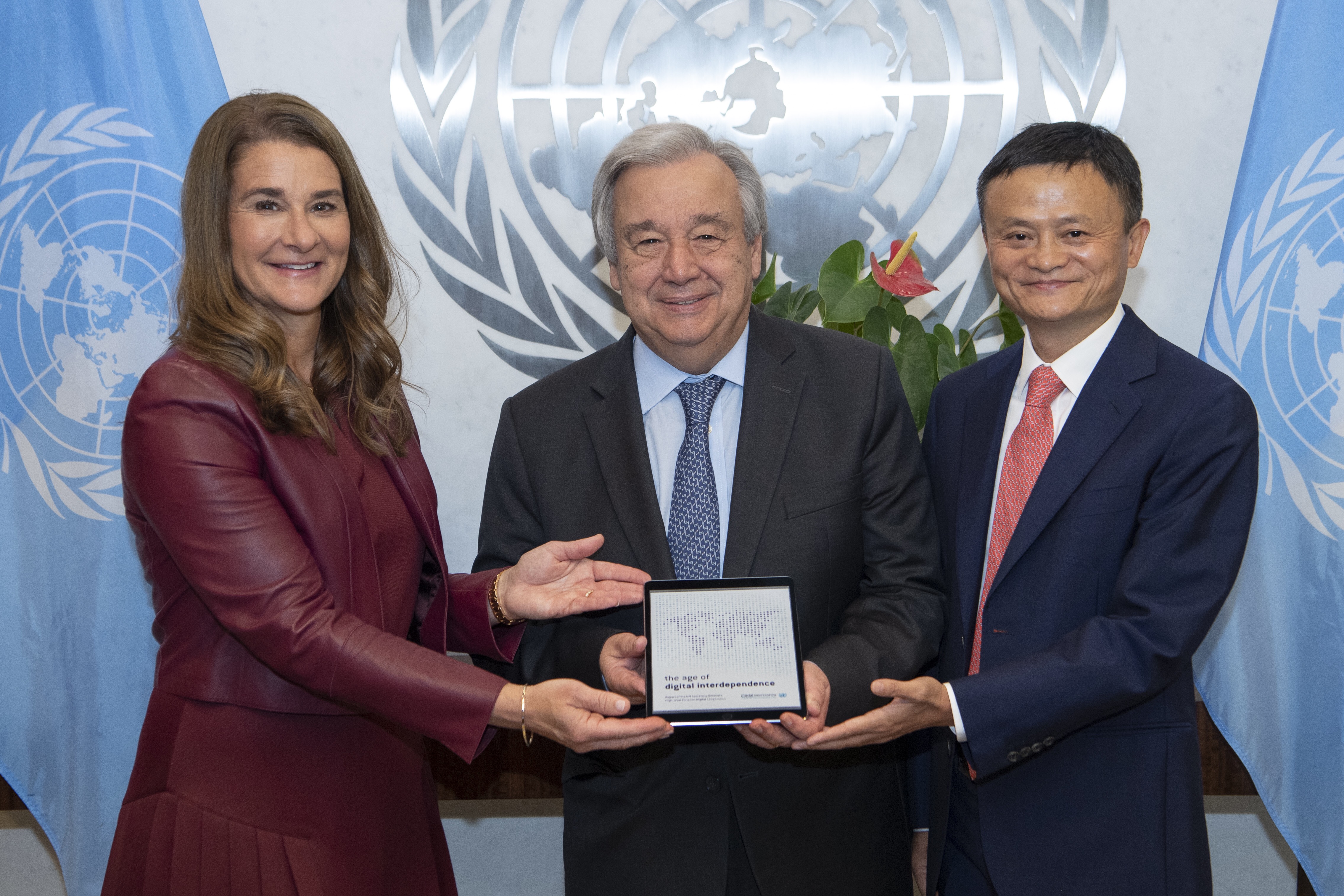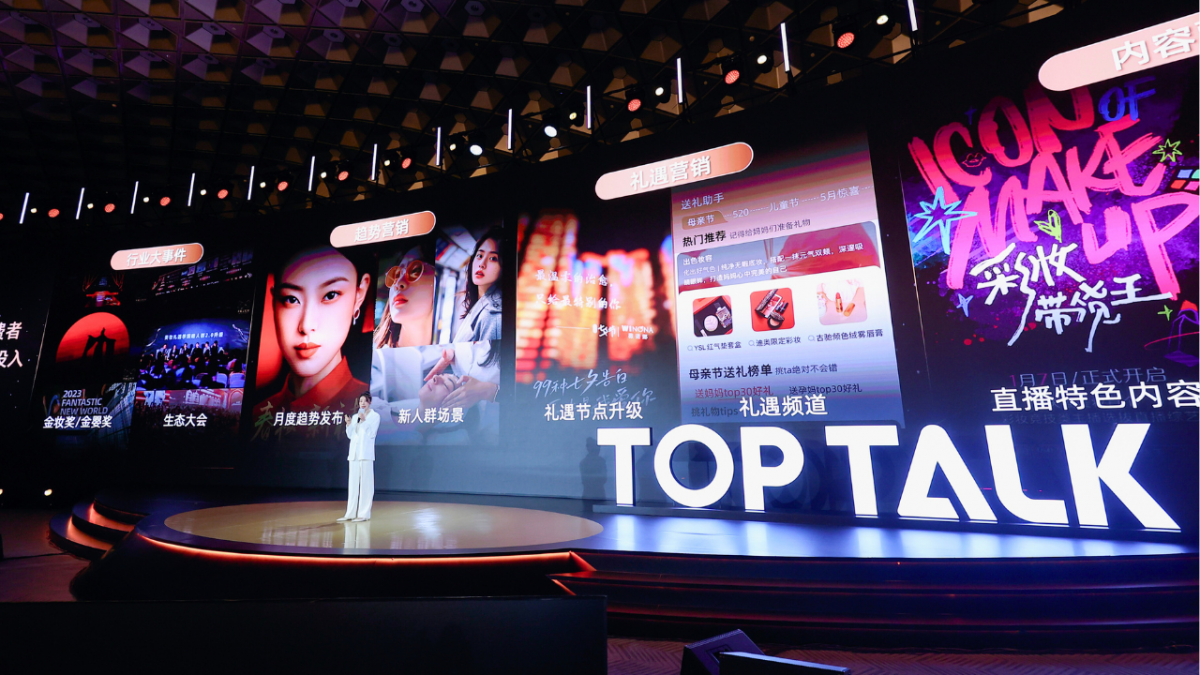
In an age of rapid technological development, both the public and private sectors have a responsibility to ensure that the benefits of that development reach all levels of society, said a new report from the United Nations High-Level Panel on Digital Cooperation released on Monday.
The panel, co-led by Alibaba Group Executive Chairman Jack Ma and Melinda Gates, called for multilateral cooperation among governments to deliver progress on that front, while emphasizing the need for broad participation from stakeholders, including businesses, civil society, academics and technologists.



In the report, the panel also recommended a number of initiatives, from affordable access to digital networks to guaranteeing access to traditionally marginalized groups, that would “maximize the benefits and minimize the harms of digital technologies,” the release said.
“Global cooperation among all parties – private sector, government, citizens, academics and civil society – is needed to use technology to achieve more prosperity, more opportunity, and more trust for people around the world,” Ma said.
“We need to focus especially on making technology inclusive so more women, young people, rural populations, small businesses and developing countries can benefit. We also need to rethink our education systems so they will prepare our young people for the future, instead of for yesterday,” he said.
WATCH: Ma, Gates and Guterres Talk Digital Cooperation
Gates, co-chair of the Bill & Melinda Gates Foundation, stressed that digital technologies can only transform the lives of the world’s poorest people if they have equal access to them.
“Developing countries and marginalized communities must have a voice in deciding how these technologies are used. That’s how we can guarantee that, instead of reinforcing old problems, digital technologies are a source of new solutions,” she said.
Formed last July by UN General-Secretary Ant√≥nio Guterres, the 20-person panel was tasked with identifying policy, research and information gaps in the current state of technology and making proposals to address them. He also asked the panel to research ways that digital cooperation could contribute to the achievement of the UN’sSustainable Development Goals, which include everything from supporting small and micro-businesses to empowering women and young people in developing countries.
The report brought together recommendations for best practices in five areas, including inclusiveness, capacity-building, human rights, digital trust and security, and global digital cooperation. Recommendations included:
- Ensuring that every adult has affordable access to digital networks and digitally enabled financial and health services by 2030.
- Adopting policies to support digital inclusion and equality for women and marginalized groups.
- Establishing regional and global “digital help desks” to help governments, civil society and the private sector manage the impacts of digital technologies.
- The UN Secretary-General facilitating a consultation process to develop updated mechanisms for global digital cooperation and using the options proposed by the Panel as a starting point; then marking the UN’s 75th anniversary in 2020 with a “Global Commitment for Digital Cooperation.”
During a livestreamed panel discussion on Monday, Ma, Gates and Guterres talked about the many ways that the internet has already empowered small businesses, women, young people and developing countries by providing access to things such as the ability to sell products to any market in the world and accessing credit within minutes of an application. Ma gave the example of a Rwandan farmer using a smartphone to sell his coffee to consumers in China and Southeast Asia via e-commerce.
“If you don’t let your people connect to the internet, it’s worse than last century not allowing them to connect to electricity,” he said.
Ma also noted that while globalization is often seen as negative, he doesn’t believe it is. It’s just not inclusive enough, he said. Therefore, it’s the responsibility of all stakeholders to ensure that everyone has the opportunity to participate in that globalization. “If government, the private sector, academia, technology companies, if we all believe in the future, if we’re working together closely, if we’re making smart policies, if we think about empowering others, I think it’s good for everybody,” he said.
To reach its conclusions, the panel consulted across regions, demographics, sectors and disciplines, the release said. Over nine months, research was done with over 4,000 individuals representing 104 states, 80 international organizations, 203 private sector companies, 125 civil society organizations, 33 technical organizations and 188 think tanks and academic institutions. This included visits to tech hubs in China, India, Israel, Kenya and Silicon Valley, as well as participation in digital policy events, virtual meetings with subject-matter experts, briefings for various stakeholder communities and virtual town-hall meetings open to the public.
“The landscape for digital cooperation has shifted since the panel was launched last year,” Guterres said in the release. “Politicians and some technology leaders are now calling openly for closer scrutiny and smart regulation of the digital space. I hope this report will stimulate a global conversation on these issues between the private sector, civil society, governments, academia and more.”




